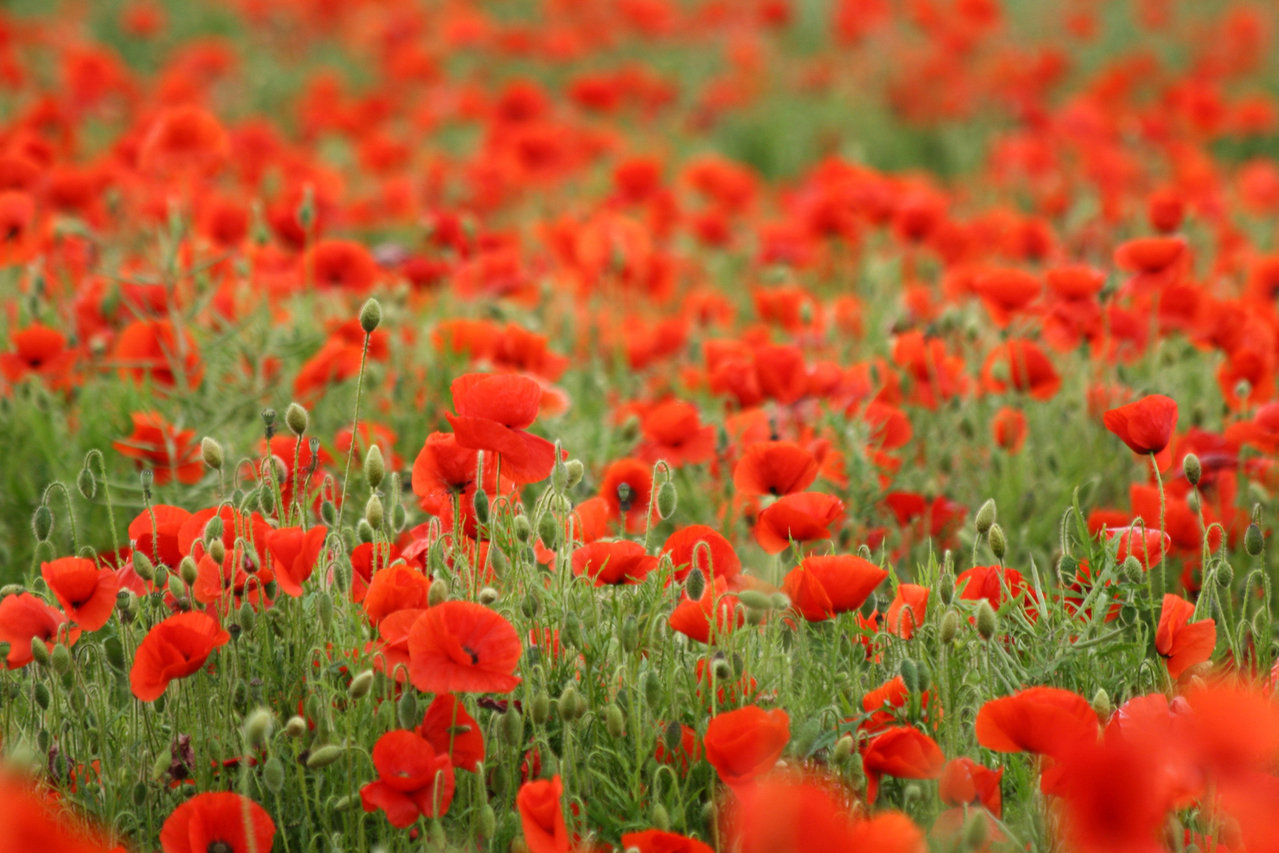Originally published in the Huffington Post
Debilyn Molineaux. Reprinted from Huffington Post
Like many people, I grew up in a dysfunctional family with an alcoholic adult. I was in a constant power struggle with my step-parent and our relationship was fraught with contempt and self-righteousness. At least on my part. I felt powerless and held onto this duo of emotions as a drowning person with a lifejacket. Self-righteousness and contempt kept me afloat. Until they threatened to sink me and my chance for happiness.
As I carried these emotions into adulthood, I used my cloak of self-righteousness to keep and hold power over others. Notably, those closest to me. My “love” was contingent upon obedience to my will. Lack of obedience would result in my contempt; a lack of respect. I was behaving horribly to those I loved most. But why? What was I gaining that kept the cycle going?
Yes, I went to counseling. And several weekend personal growth seminars. And I discovered that I was …OMG… wrong. But I was not a horrible person. My early training with an addicted and dysfunctional role model had imprinted on me a sense that if I was “wrong” I might die. Literally, die. No wonder I fought so hard to be right and bend others to my will! I was programmed to believe it was a necessary to survive — my payoff was survival. But I was wrong in my thinking and I didn’t die. Eureka!
What I didn’t realize when I was younger, was how much I gave up by clinging to my lifejacket of self-righteousness and contempt. I gave up happiness, because I was either in despair or resentful that the world wasn’t as I thought it should be. I gave up trusting people because they would always disappoint me. I gave up questions and curiosity because I already knew the answers (or pretended to). I gave up love, because loving made me vulnerable. And I gave up joy, because I wanted control.
Eventually, it came down to this question — what did I want and value more — being right or being happy? The choice was really that simple.
Of course, I chose happiness. Happiness remains important to me. While the choice was easy, the practice was more challenging. I still choose over and over again to give up being right. I give up being right to find joy. I still have my strong opinions, values and beliefs. But I hold them less tightly, leaving space for others to be themselves. I allow myself to question with curiosity — I want to know why others believe as they do. I find that being willing to be wrong allows me to be open to new ideas — better ideas than I could find by myself.
So where does my personal story fit into our politics? For years, I’ve observed people with strong opinions move from being merely opinionated to being self-righteous and contemptuous. And I’ve watched our political interactions decline to the point where we are losing friends and sometimes family members because of different political beliefs. As if our political identity is more important than our friends and family. Really?
So what do we get for all this self-righteousness and contempt in our political culture? Bragging rights? Pshaw. It’s not worth it. I’ve walked the path and didn’t like it.
But I want to hear from you.
- Have you lost friends and family? What happened?
- What happens if your beliefs are questioned?
Will you choose happiness or self-righteousness? Another option? Our cultural norm, at this moment, is self-righteousness — but it doesn’t mean you have to follow the crowd. If you choose happiness, what do you actually do?
- Ask open questions of others — no hidden agenda or pre-determined answers
- Listen — deeply. Don’t form your response while they are talking.
- Notice your thinking and replace righteous or contemptuous thoughts with respectful ones.
- Know when to walk away. Choosing happiness doesn’t mean letting others walk on you or violate boundaries.

